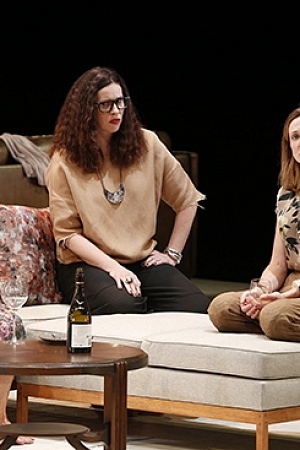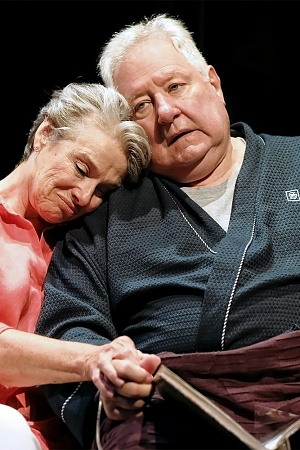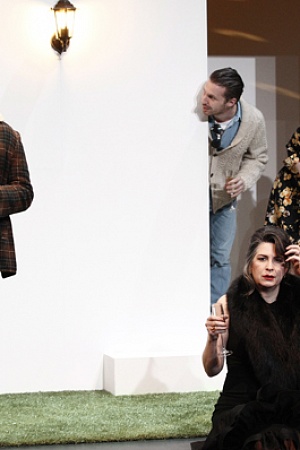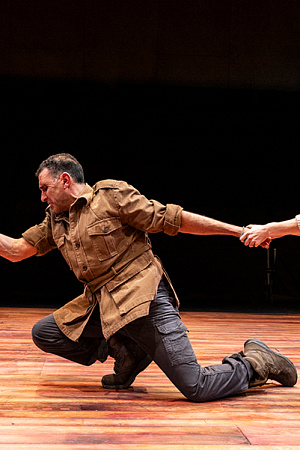The Present (Sydney Theatre Company)
In 1881, armed with the confidence of youth, the twenty-one-year-old Anton Pavlovich Chekhov fronted up to the Maly Theatre in Moscow, at that time one of the foremost theatres in the world, in order to present its leading actress, Maria Yermolova, with a copy of his recently written and probably first play. The great lady promptly returned the manuscript, which the disappointed young author equally promptly destroyed. However, to quote Bulgakov’s devilish Woland, ‘manuscripts don’t burn’, and in the 1920s an earlier version of the play was discovered in a bank vault. This is a rambling untidy work that, if played in its entirety, would take over four hours to perform. The title page, if it ever had one, is missing, and it is usually presented under the name of its protagonist, Platonov.
Continue reading for only $10 per month. Subscribe and gain full access to Australian Book Review. Already a subscriber? Sign in. If you need assistance, feel free to contact us.











Comment (1)
Leave a comment
If you are an ABR subscriber, you will need to sign in to post a comment.
If you have forgotten your sign in details, or if you receive an error message when trying to submit your comment, please email your comment (and the name of the article to which it relates) to ABR Comments. We will review your comment and, subject to approval, we will post it under your name.
Please note that all comments must be approved by ABR and comply with our Terms & Conditions.